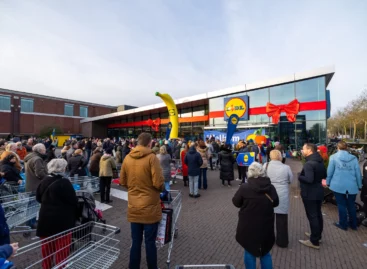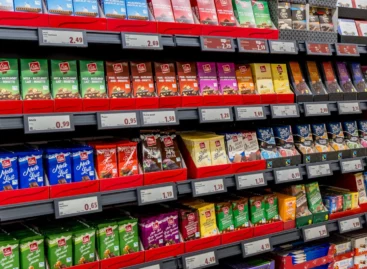The food industry is also desperate because of the houti issue
In recent years, there has been increasing tension in the Red Sea region due to the armed attacks on ships by Yemeni Houthi terrorists.
In recent times, escalating tensions in the Red Sea, stemming from armed attacks on ships by Houthi terrorists in Yemen, have led to responses from American and British military forces. European companies are increasingly feeling the strain of the situation, with repercussions extending from automotive manufacturing to disruptions in the supply chain. The scarcity of components has forced car factories to halt production, affecting companies like Tesla, which temporarily stopped a significant portion of production at its giant plant near Berlin due to complications in Red Sea shipping.
This disruption is not limited to the automotive sector. Major British retailers, including Tesco, have been warning of potential shortages in certain products since the beginning of the year. The crisis is also impacting discount retailers, such as Lidl, which recently signaled concerns about the situation affecting their supply chain.
Key auto plants facing production pauses due to parts shortages are just one aspect of the crisis from an economic performance standpoint. Consumers are also being advised to anticipate worrying consequences. The expected shortages could lead to price hikes, and delays in deliveries are affecting numerous shipping companies.
Due to the events in the Red Sea, freight carriers are diverting away from the Suez Canal, increasing the time it takes to reach European ports. This process could escalate costs and eventually impact prices. Shipping disruptions have global implications and may cause temporary shortages, even in countries like Australia, which receives 20% of its imports from Europe via sea routes.
The food industry is particularly sensitive to the crisis. Producers fear that the longer sea routes could lead to spoilage of fresh produce before reaching their destinations, adding another layer of concern to the supply chain issues.
The crisis is influencing the market competition dynamics among retailers. Tesco and Lidl are preparing for potential shortages and price increases. Retail chains must tread cautiously in raising prices to avoid losing customers to competitors.
To ensure continuity in freight transport, many companies are seeking solutions, including reorganizing shipping routes and modifying transportation strategies. In the coming weeks and months, businesses will need creative solutions to navigate the crisis while facing economic challenges that reverberate across the globe.
Related news
Lidl is building a new administrative and logistics centre in Straubing
🎧 Hallgasd a cikket: Lejátszás Szünet Folytatás Leállítás Nyelv: Auto…
Read more >Related news
Tourism Business Index: improving sentiment, but the sector remains in the red
🎧 Hallgasd a cikket: Lejátszás Szünet Folytatás Leállítás Nyelv: Auto…
Read more >Table reservations for National Restaurant Week start with unchanged prices
🎧 Hallgasd a cikket: Lejátszás Szünet Folytatás Leállítás Nyelv: Auto…
Read more >









